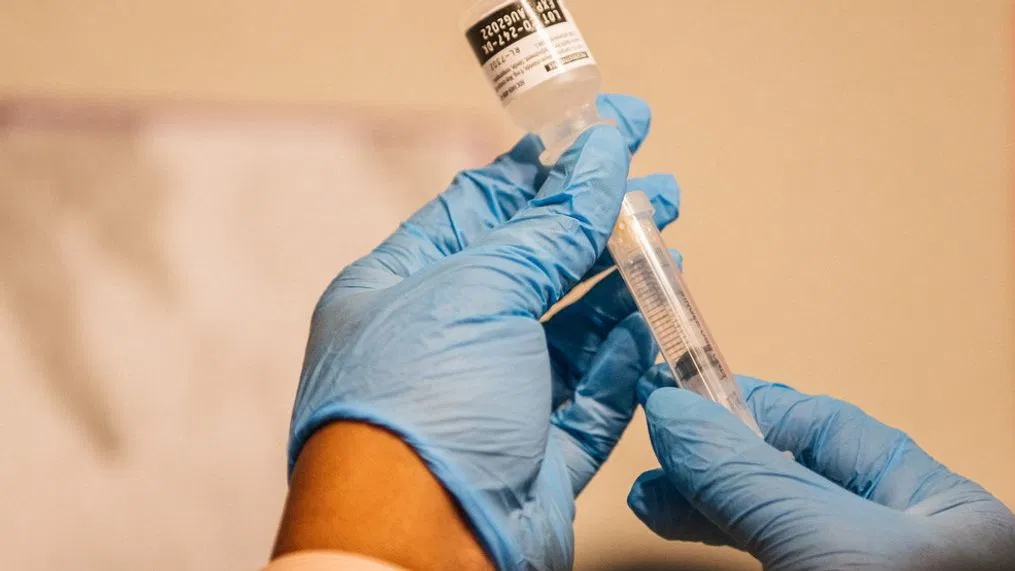In recent times, discussions about vaccines have become increasingly important, especially concerning their potential impact on heart health. One of the debated topics is whether vaccines can cause heart inflammation. This article delves into the scientific evidence and expert opinions to provide a comprehensive understanding of this issue.
Understanding Heart Inflammation
Before delving into the relationship between vaccines and heart inflammation, it’s crucial to understand what heart inflammation, medically known as myocarditis or pericarditis, entails. Myocarditis refers to inflammation of the heart muscle, while pericarditis involves inflammation of the pericardium, the sac surrounding the heart. Both conditions can affect the heart’s function and lead to symptoms such as chest pain, shortness of breath, and abnormal heart rhythms.
The Link Between Vaccines and Heart Inflammation
Reports of heart inflammation following vaccination, particularly with mRNA COVID-19 vaccines like Pfizer-BioNTech and Moderna, have raised concerns and prompted investigations. It’s essential to note that while such cases have been documented, they are exceedingly rare. The Centers for Disease Control and Prevention (CDC) and other health authorities worldwide have closely monitored these incidents to assess the risk-benefit ratio of vaccination.
Scientific Studies and Findings
Several scientific studies have investigated the potential link between vaccines, including COVID-19 vaccines, and heart inflammation. These studies have primarily focused on understanding the incidence, risk factors, and outcomes of myocarditis and pericarditis following vaccination.
A study published in JAMA Cardiology in 2021 analyzed cases of myocarditis following mRNA COVID-19 vaccination. The study found a small but notable increase in myocarditis cases, particularly among young males, following the second dose of the vaccine. However, the overall risk remained low compared to the risk of myocarditis from COVID-19 infection itself.
Another study published in The New England Journal of Medicine examined cases of myocarditis after mRNA COVID-19 vaccination in Israel. The study concluded that while there was an association between the vaccine and myocarditis, the absolute risk was rare, with most cases being mild and resolving with conservative management.
Expert Opinions and Recommendations
Health experts and organizations have provided insights and recommendations based on the available evidence regarding vaccines and heart inflammation. The CDC, World Health Organization (WHO), and other regulatory bodies have acknowledged the potential risk of myocarditis and pericarditis post-vaccination but emphasize that the benefits of vaccination far outweigh the risks, especially considering the severe complications of COVID-19 infection.
Dr. Anthony Fauci, the leading infectious disease expert in the United States, has stated that while cases of heart inflammation following vaccination are real, they are rare and manageable. He emphasizes the importance of vaccination in preventing severe illness, hospitalization, and death from COVID-19.
Addressing Concerns and Misconceptions
Despite scientific evidence and expert opinions supporting the safety and efficacy of vaccines, concerns and misconceptions about their role in causing heart inflammation persist. Some individuals worry that vaccines may trigger autoimmune responses leading to heart problems, while others believe that vaccine ingredients are directly responsible for heart inflammation.
It’s essential to address these concerns with factual information and emphasize that vaccines undergo rigorous testing and regulatory scrutiny before approval for public use. Ingredients in vaccines are carefully selected to stimulate the immune system without causing significant adverse effects, and the risk of severe complications from vaccination is extremely low compared to the risks of vaccine-preventable diseases.
Conclusion
In conclusion, the question of whether vaccines cause heart inflammation requires a balanced approach that considers scientific evidence, expert opinions, and public health priorities. While rare cases of myocarditis and pericarditis following vaccination have been reported, the overall risk remains low compared to the substantial benefits of vaccination in preventing infectious diseases and their complications.
Public health measures, such as surveillance systems for adverse events following immunization (AEFI) and transparent communication of risks and benefits, play a crucial role in ensuring vaccine safety and public confidence. It’s essential for individuals to make informed decisions based on credible information and consult healthcare professionals for guidance on vaccination.
By understanding the facts and dispelling myths surrounding vaccines and heart inflammation, we can collectively work towards achieving widespread immunization coverage and protecting global health.


